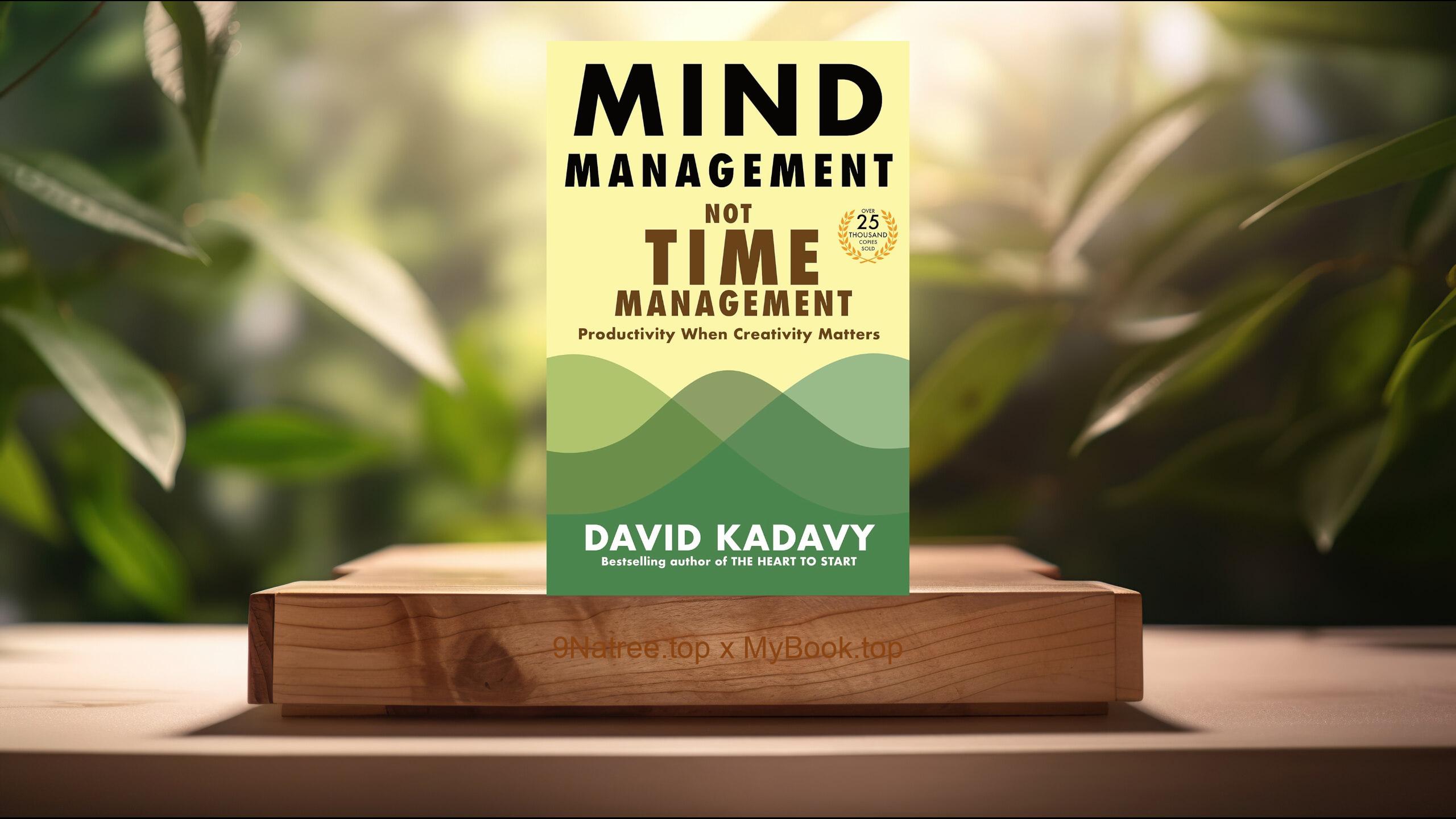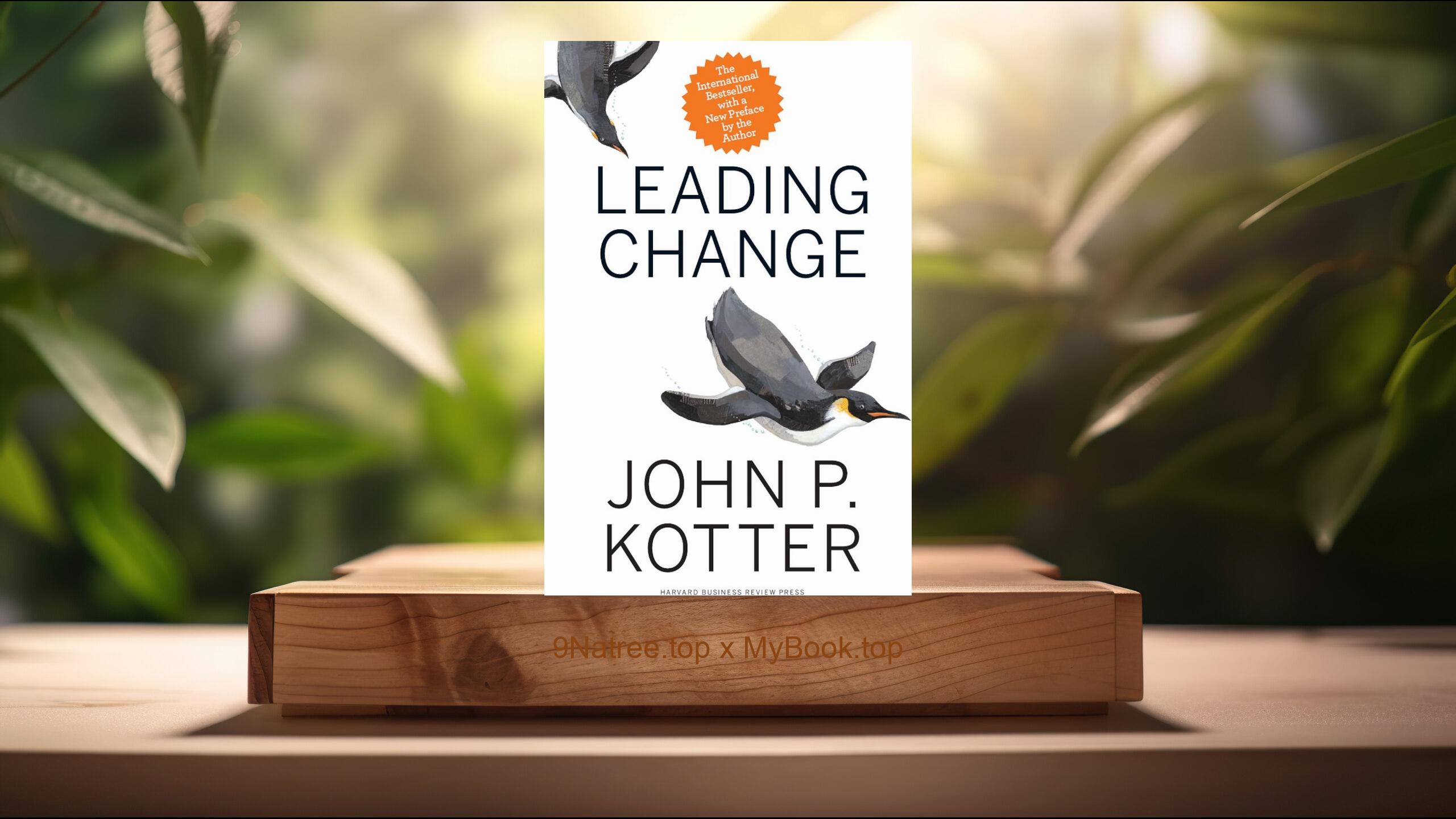Show Notes
- Amazon US Store: https://www.amazon.com/dp/0393337170?tag=9natree-20
- Amazon Worldwide Store: https://global.buys.trade/The-Art-of-Strategy-Avinash-K-Dixit.html
- Apple Books: https://books.apple.com/us/audiobook/the-art-of-strategy-a-game-theorists-guide-to/id944212725?itsct=books_box_link&itscg=30200&ls=1&at=1001l3bAw&ct=9natree
- eBay: https://www.ebay.com/sch/i.html?_nkw=The+Art+of+Strategy+Avinash+K+Dixit+&mkcid=1&mkrid=711-53200-19255-0&siteid=0&campid=5339060787&customid=9natree&toolid=10001&mkevt=1
- Read more: https://mybook.top/read/0393337170/
#gametheory #strategicdecisionmaking #behavioraleconomics #competitivestrategy #businessethics #TheArtofStrategy
These are takeaways from this book.
Firstly, Basic Concepts of Game Theory, In ‘The Art of Strategy,’ the authors begin by introducing the fundamental concepts of game theory. This includes the definition of key terms such as 'games', 'players', 'strategies', and 'outcomes'. They elucidate how these elements interact in different types of games—whether cooperative or non-cooperative, zero-sum or non-zero-sum. A significant focus is placed on explaining how rational decision-making can be formulated within the context of game theory’s structured analysis, presenting a robust framework for understanding how individuals and organizations can strategize effectively. This foundational knowledge is crucial for grasping the more complex strategies discussed in later chapters.
Secondly, Strategic Moves and Decision Making, One of the central themes of the book revolves around strategic moves essential for decision-making in competitive environments. Dixit and Nalebuff dissect numerous strategies such as commitment, threat, and promise, showcasing how these can influence the outcomes of interactions. They explain the significance of credible commitments and how strategic moves need to be credible to be effective. This section is pivotal as it discusses the practical application of game theory in negotiations and competitive strategies, providing readers with actionable insights for both personal and professional growth.
Thirdly, Application in Economics and Business, The authors adeptly bridge the gap between theoretical game theory and its practical application in economic contexts and business environments. They delve into market competition, auctions, and contractual interactions among firms, illustrating how game theory underpins the strategic decisions made by businesses. This section is particularly beneficial for entrepreneurs, business leaders, and managers, as it discusses strategies for overcoming common pitfalls in market strategies and enhancing competitive advantage. Furthermore, it highlights how understanding the strategies of competitors can lead to more successful business models.
Fourthly, Psychological Aspects and Behavioral Game Theory, ‘The Art of Strategy’ also explores the psychological dimensions of game theory, often referred to as behavioral game theory. This segment examines how human psychology influences decision-making processes and how it can lead to deviations from theoretically rational behavior. Dixit and Nalebuff provide insights into how biases, perceptions, and other psychological factors can affect the strategies chosen by individuals and groups. This section is essential for readers interested in psychology and behavioral economics, showcasing how these fields intersect with game theory to explain real-life behaviors and decisions.
Lastly, Ethical Considerations and Social Responsibility, Towards the latter part of the book, the discussion shifts towards the ethics of strategic decisions and the implications of game theory on social responsibility. The authors provoke thought about the moral aspects of strategy, questioning whether all advantageous strategies are justifiable on ethical grounds. This reflective chapter encourages readers to consider how they can use strategic thinking not just for personal or organizational gain, but also in a manner that is considerate of broader societal impacts. This segment is crucial for fostering a holistic view of strategy within ethical boundaries.
![[Review] The Art of Strategy (Avinash K. Dixit) Summarized](https://episodes.castos.com/660078c6833215-59505987/images/1886549/c1a-085k3-jpjvrj5pu1pj-ubagrp.jpg)




